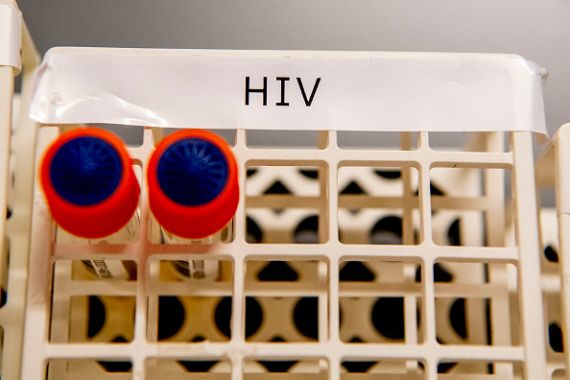Credited with saving 25 million lives, the AIDS programme PEPFAR now faces an uncertain future in a divided US Congress.
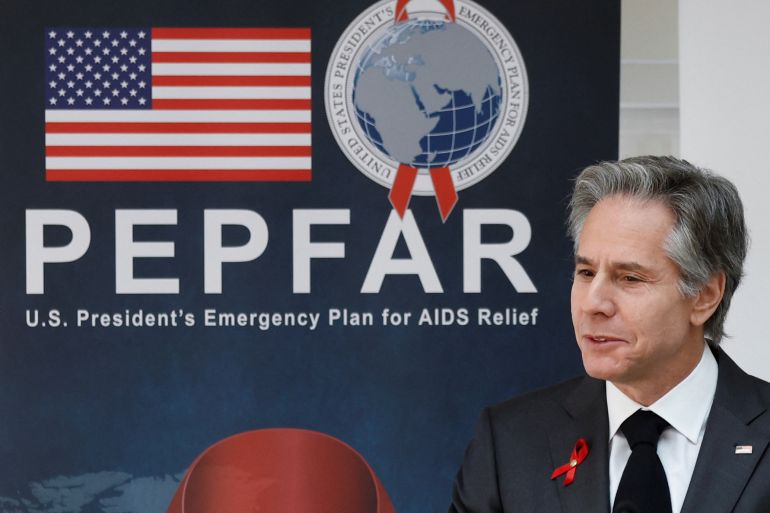
Credited with saving 25 million lives, the AIDS programme PEPFAR now faces an uncertain future in a divided US Congress.

Secretary of State Antony Blinken says legislation, which includes the death penalty, is deeply troubling.

Updated guidelines will replace three-month abstinence rule that LGBTQ advocates had long decried as discriminatory.
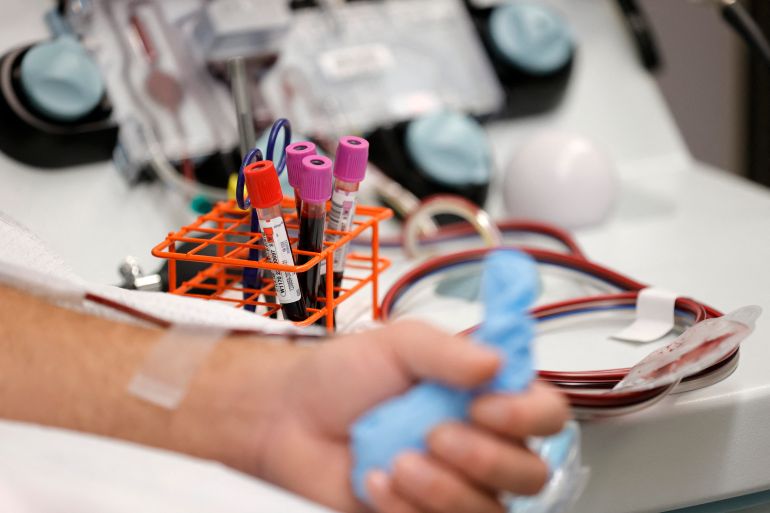
Case could decide whether Obamacare can require insurance providers to cover preventive services for cancer and HIV.
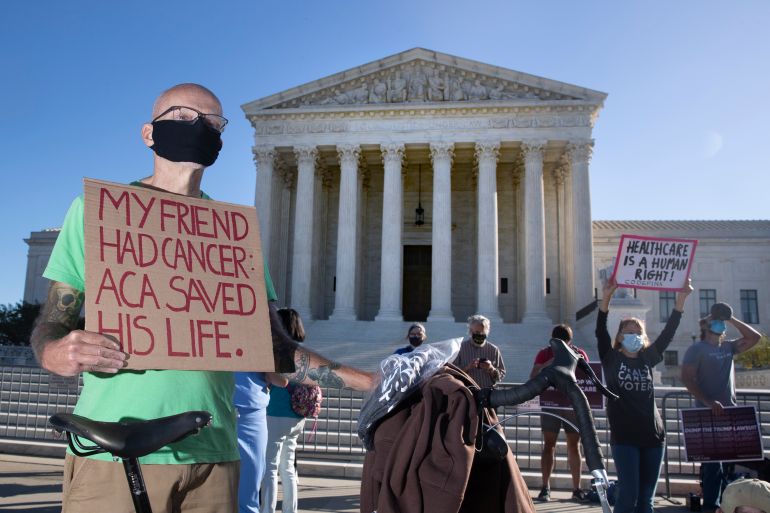
The treatment is the first non-pill option against HIV and studies show that it outperforms the efficacy of oral pills.
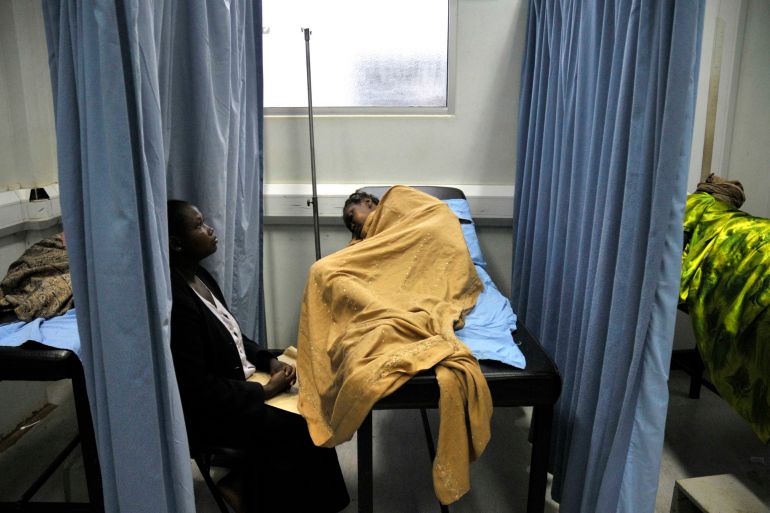
But to get there we need to give everyone, everywhere equal access to groundbreaking new drugs and treatments.
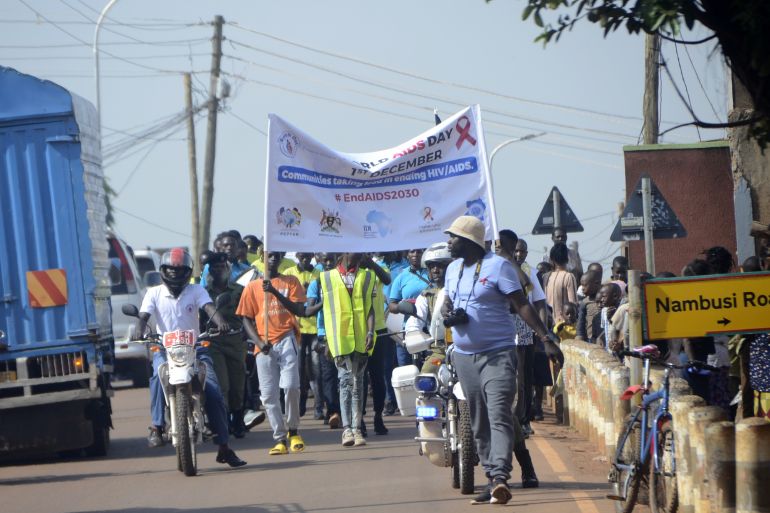
Around the world, every week about 4,900 young women aged between 15 and 24 become infected with HIV.
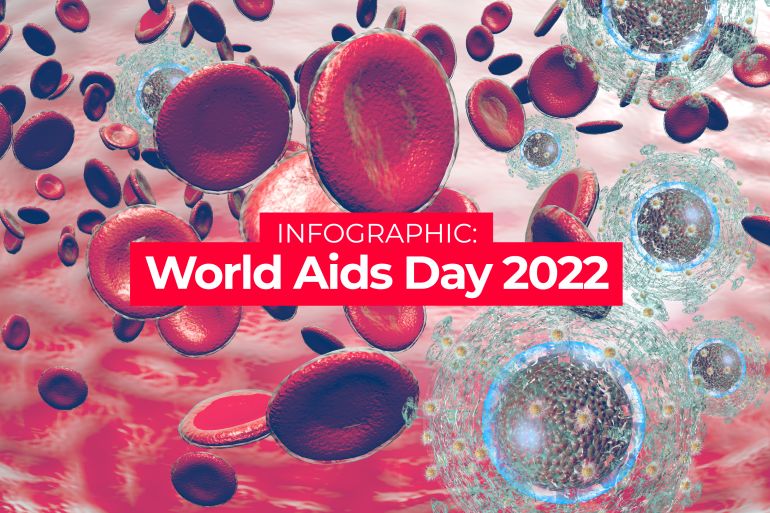
On this World AIDS Day, it’s time to use the successes in the fight against that scourge to fight other conditions too.
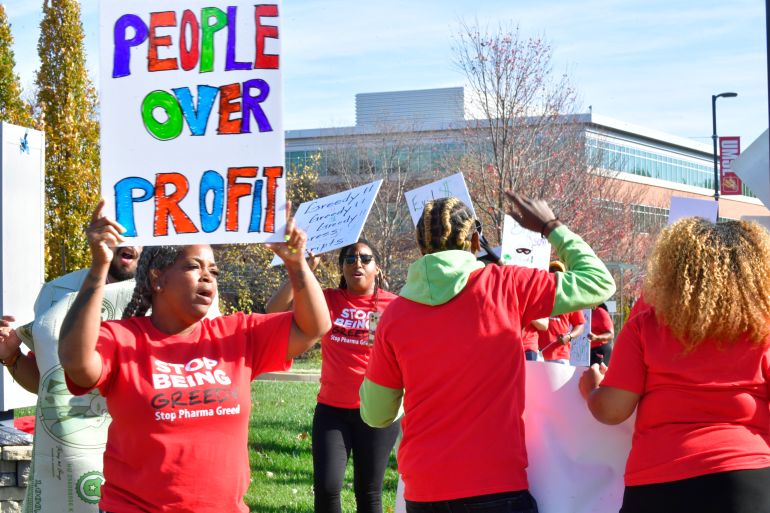
What I would say to the human immunodeficiency virus that’s lived inside my body for 24 years.
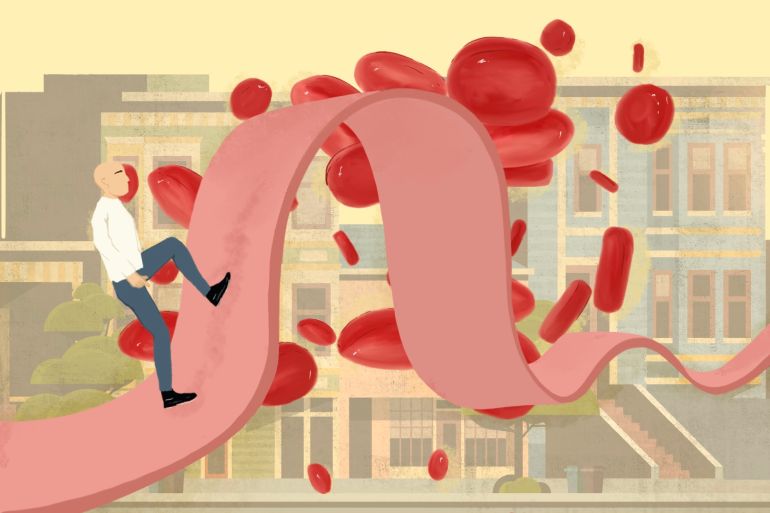
Donor conference on the sidelines of UN meeting raises record $14.25bn although UK and Italy delay pledge announcements.
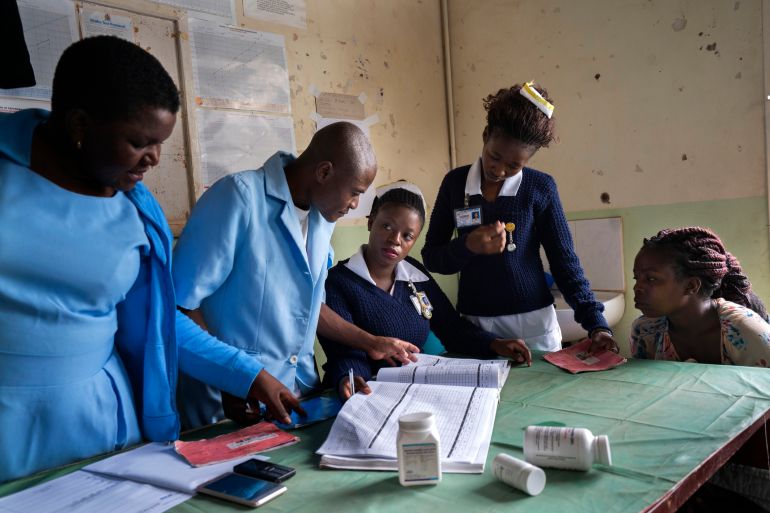
Unprecedented acknowledgement of state culpability in HIV/AIDS case ‘sets standards’ across the region, advocates say.
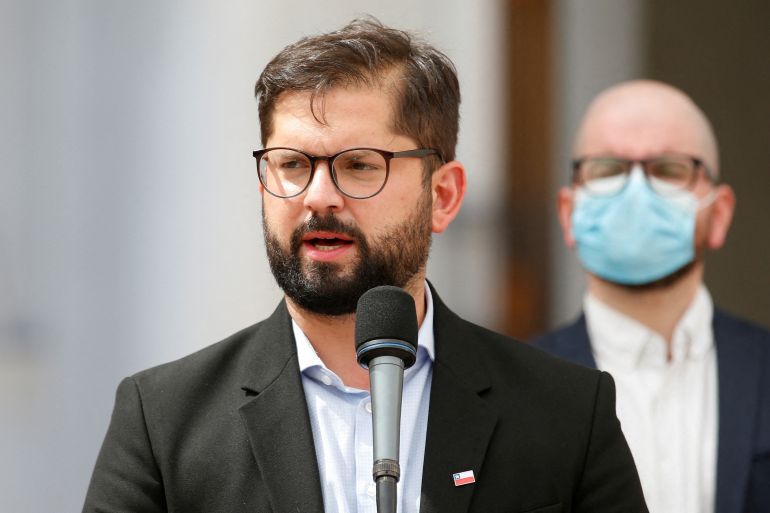
From the 1980s AIDS epidemic to COVID-19, how do we hold on to the names and memories of those who have died?

What can the experiences of tackling HIV in the global south teach us in this time of COVID-19?

The new approach may make the treatment available to more people without the need for antiretroviral therapy.
